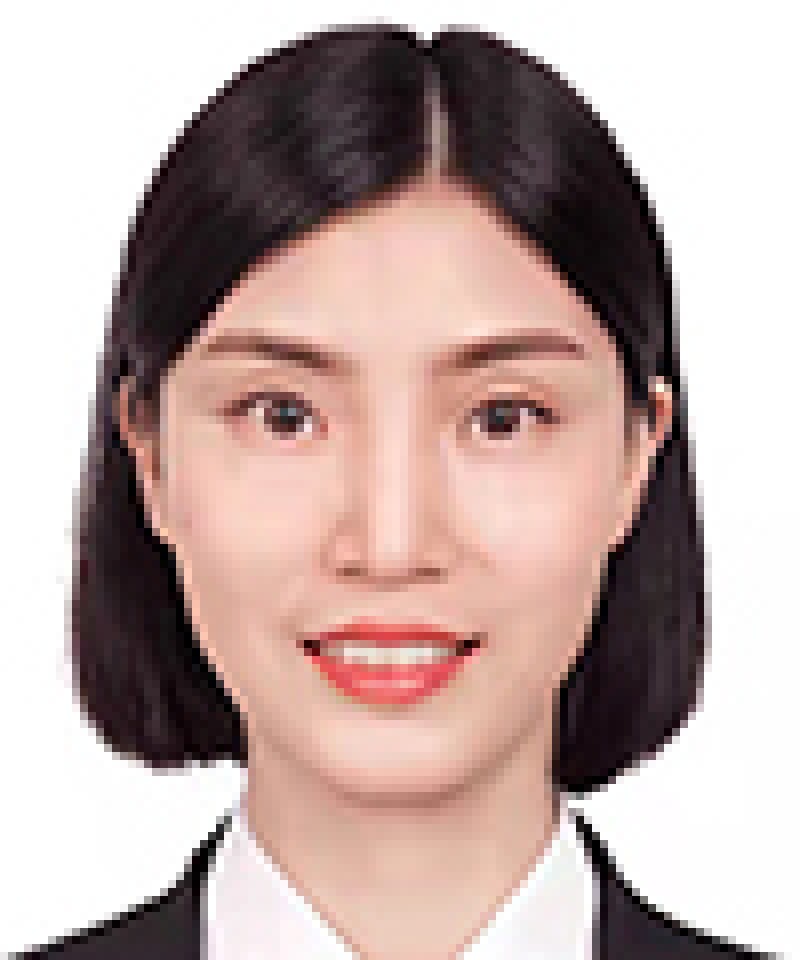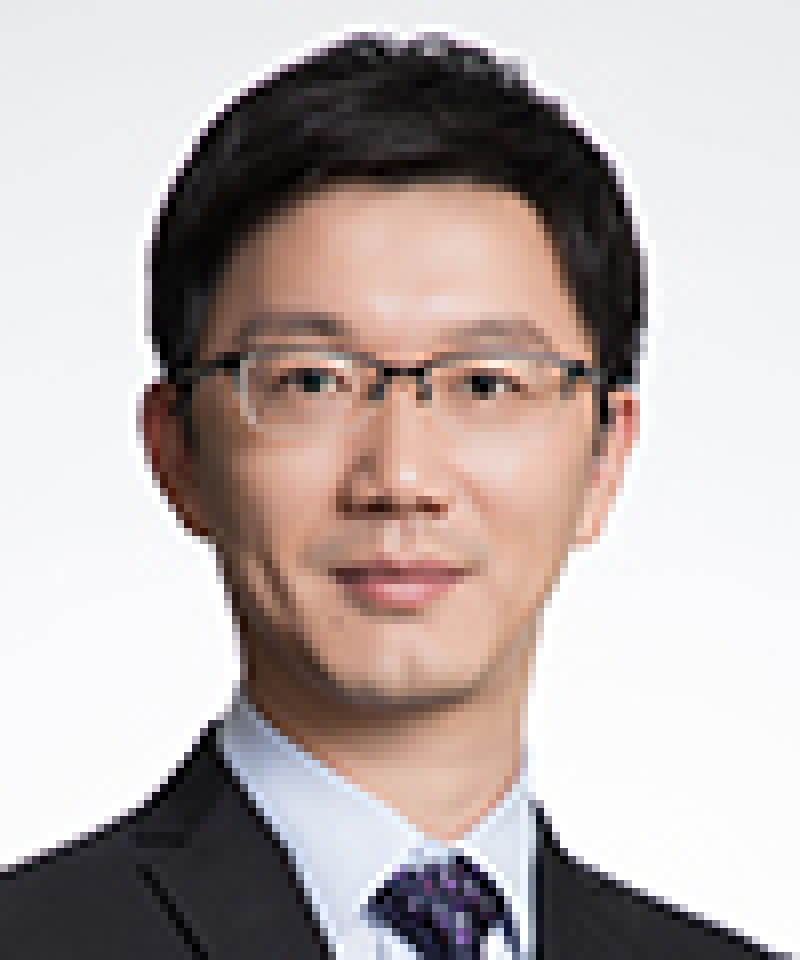5G communication technology has brought significant improvements to our lives due to its great characteristics such as ultra-high speed and ultra-low delay.
The contributors to the technology reasonably hope to benefit from their contributions in business. An important way is to seek patent protections for their contributions. A good patent portfolio for 5G shall be very valuable in business. Patentable subject matters related to the technology in targeted jurisdictions are usually the first consideration for a patent applicant to obtain a good patent portfolio.
Eligibility of subject matters related to 5G
5G is a new generation of radio communication technology. Similar to 3G or 4G, most subject matters for patent applications relate to 5G involve communication rules, which may appear like rules of mental activity, but the communication rules are usually subject to natural laws such as natural properties of radio resources and thus are generally patentable.
In practice, patent applications related to 4G or 5G are seldom rejected due to eligibility problems. However, it still needs to be understood that rules of mental activity such as pure algorithms or pure business methods are not patentable in China. For example, some patent applications related to 5G involve charging or management strategies, which may be considered as pure business methods.
According to the Patent Law of China, eligible subject matters for patents are technical solutions. If a subject matter involves technical means using natural laws to resolve a technical problem and thereby obtain a technical effect, the solution of the subject matter falls under technical solutions.
On the contrary, a subject matter not containing any technical features would be considered as a rule of mental activity rather than a technical solution. Pure algorithms or business methods are usual rules of mental activity.
In the field of 5G, for example, if a new transmission frame structure is designed for transmitting signals, when determining whether this invention is patentable, it should be considered whether the designing of the new frame uses natural laws.
Usually, a new transmission frame structure is designed to improve transmission efficiency. Under the circumstance, the frame structure must be designed based on natural properties of the radio transmitting signals. Therefore, the invention with the new transmission frame is patentable. As another example, if a new charging strategy is designed for a 5G system and the new charging strategy charges more for a new user than an old user, the new charging strategy is actually a business method, which does not use any natural laws and thus is not patentable.
Claim drafting for subject matters related to 5G
According to the Patent Law of China, a claim may be drafted as a product claim or a method claim. A ‘product’ usually should be a tangible product.
Intangible objects such as radio waves or transmission frames are not allowable subject matters for claims. Therefore, claims for patent applications related to 5G are usually drafted as transmission methods or apparatuses such as mobile stations or base stations.
Taking the above invention of a new transmission frame structure as an example, it is not allowable to draft ‘a transmission frame’ or ‘a transmission frame structure’ as a subject matter of a claim, but it is recommended to draft as a transmission method using such a frame structure or a mobile station transmitting signals with such a frame structure.
Further, a large portion of subject matters related to 5G are implemented by software or software in combination with hardware. For those subject matters involving software, according to the current Chinese Patent Examination Guidelines, the claims can be drafted as a method, an apparatus, or a computer readable medium storing computer programs.
Currently, a program product itself is not an allowable subject matter in China. However, the Examination Guidelines are under revision for this issue. A draft revision for the Examination Guidelines was released on August 10 2021 for the public to offer comments.
In this draft, a program product is added as an acceptable subject matter for claims considering more and more software products are not stored in a local storage but are stored in cloud storage servers or in a form of dynamic bit streams. Such a claim can be drafted as ‘a computer program product comprising computer programs’.
This draft of revision will probably be passed by the end of this year. Then, an invention related to software can be at least drafted as four subject matters. Taking the above invention of a new transmission frame structure as an example, the following four subject matters can be claimed for one side (e.g. the mobile station side):
“1. A communication method comprising: transmitting signals with a transmission frame, wherein (the structure of the transmission frame is defined here)…”, “2. A mobile station comprising: a transmission section configured to transmit signals with a transmission frame, wherein…”, “3. A computer readable medium storing computer programs which, when executed by a processor, performing steps of: transmitting signals with a transmission frame, wherein…”, and “4. A computer program product comprising computer programs which, when executed by a processor, performing steps of: transmitting signals with a transmission frame, wherein…”. Similar claims can also be drafted for the base station side and/or a communication system.
In summary, eligibility of subject matters related to 5G is usually not a problem in China because most of the subject matters involve technical features using natural laws such as natural properties of radio resources. Besides, various forms of claiming those subject matters are allowed in China to provide sufficient protection for the 5G technology.

Yanan Deng
Patent attorney
Liu Shen & Associates
T: +86 10 6268 1616
Yanan Deng joined Liu, Shen & Associates in 2013 and became a qualified patent attorney in 2013.
Yanan specialises in patent prosecution, re-examination, patent analysis, patent search and drafting with a focus on image processing technology, wireless communication, computer science, electronics and circuits, etc.

Jinlin Chen
Attorney at law and patent attorney
Liu Shen & Associates
T: +86 10 6268 1616
Jinlin Chen is an attorney at law and patent attorney with Liu Shen & Associates. He qualified as an attorney at law in 2009 and as a patent attorney in 2011.
Jinlin specialises in patent prosecution, invalidation and infringement dispute resolutions before CNIPA and the courts, and counseling on patent issues in the fields of telecommunication, optics, electrics and electronics, computer science, semiconductor technology among others.











